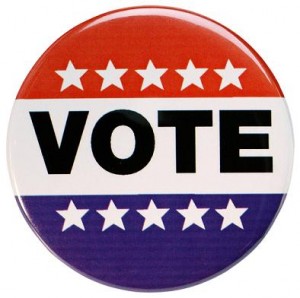 As Americans head to the polls today for mid-term elections, many voters will face new laws that change the voting requirements in their state.
As Americans head to the polls today for mid-term elections, many voters will face new laws that change the voting requirements in their state.
The New York University School of Law’s Brennan Center published an analysis summarizing recent changes in voting laws across the country. The center is a nonpartisan law and policy institute focused on improving democratic systems.
“The State of Voting in 2014” found there are new laws that restrict voting in 22 states. Among them:
- 13 states passed more restrictive laws requiring voters to show identification at the polls.
- Nine states changed their rules about registering to vote. In some cases, this means voters must register to vote earlier, show identification when registering, or provide proof of citizenship.
- Eight states passed laws that reduce early voting days and hours.
- Three states made it more difficult for people with criminal convictions to vote.
In addition, 16 states improved access to voting. Among them:
- Eleven states passed laws that make it easier for eligible citizens to register to vote, such as online registration or allowing voters to register on Election Day.
- Three states added or expanded early voting options.
- Three states passed laws allowing 16- and 17-year-olds to pre-register to vote.
- Other states passed laws that made it easier for people with criminal convictions to vote, relax identification laws and assist voters who do not speak English.
There are political opinions on both sides of the voting requirement laws. Proponents of easing voting restrictions argue that access is essential in a robust democracy. Opponents argue that rules are necessary to ensure that only qualified voters participate in elections. Whenever you fall in the debate about voting laws, it’s important to understand the facts about how states regulate voting.
Most important of all, don’t forget to vote today!



Speak Your Mind